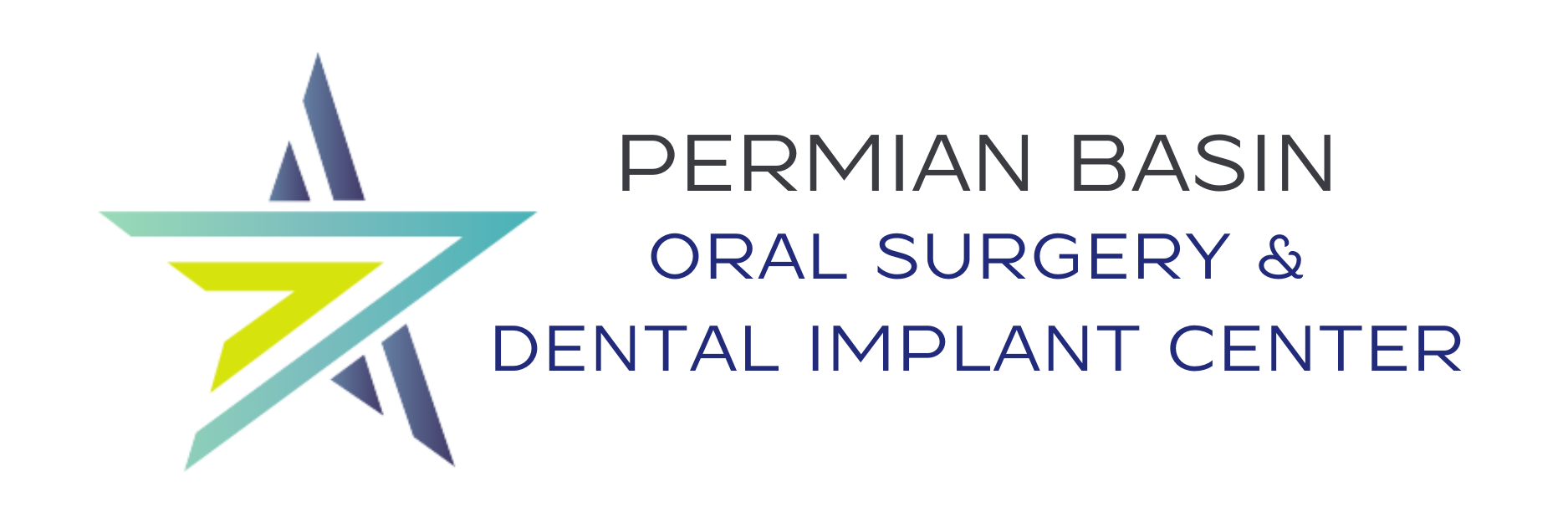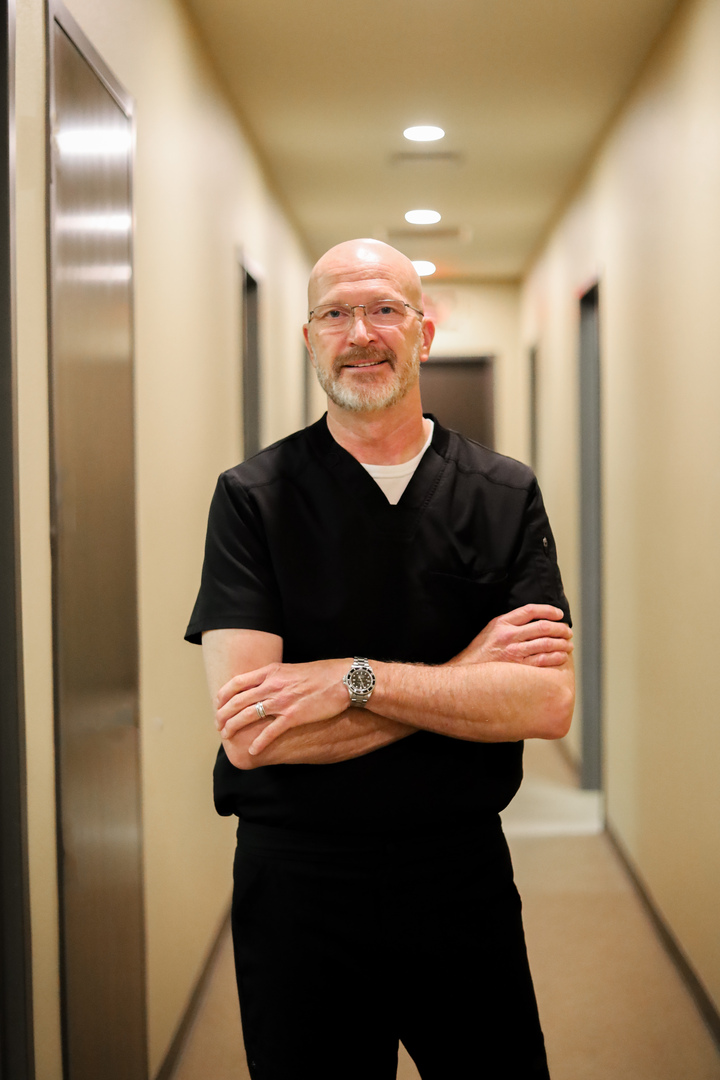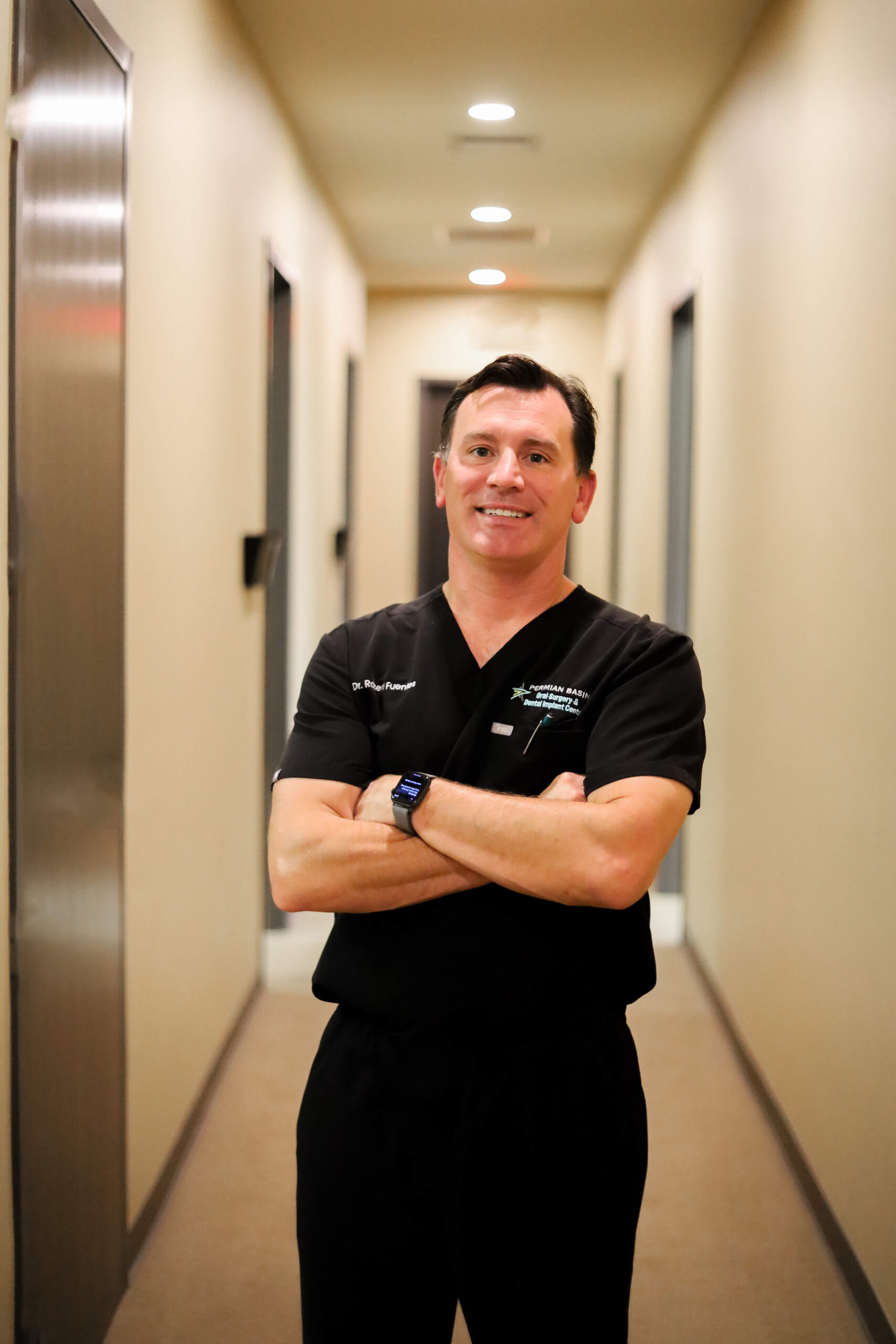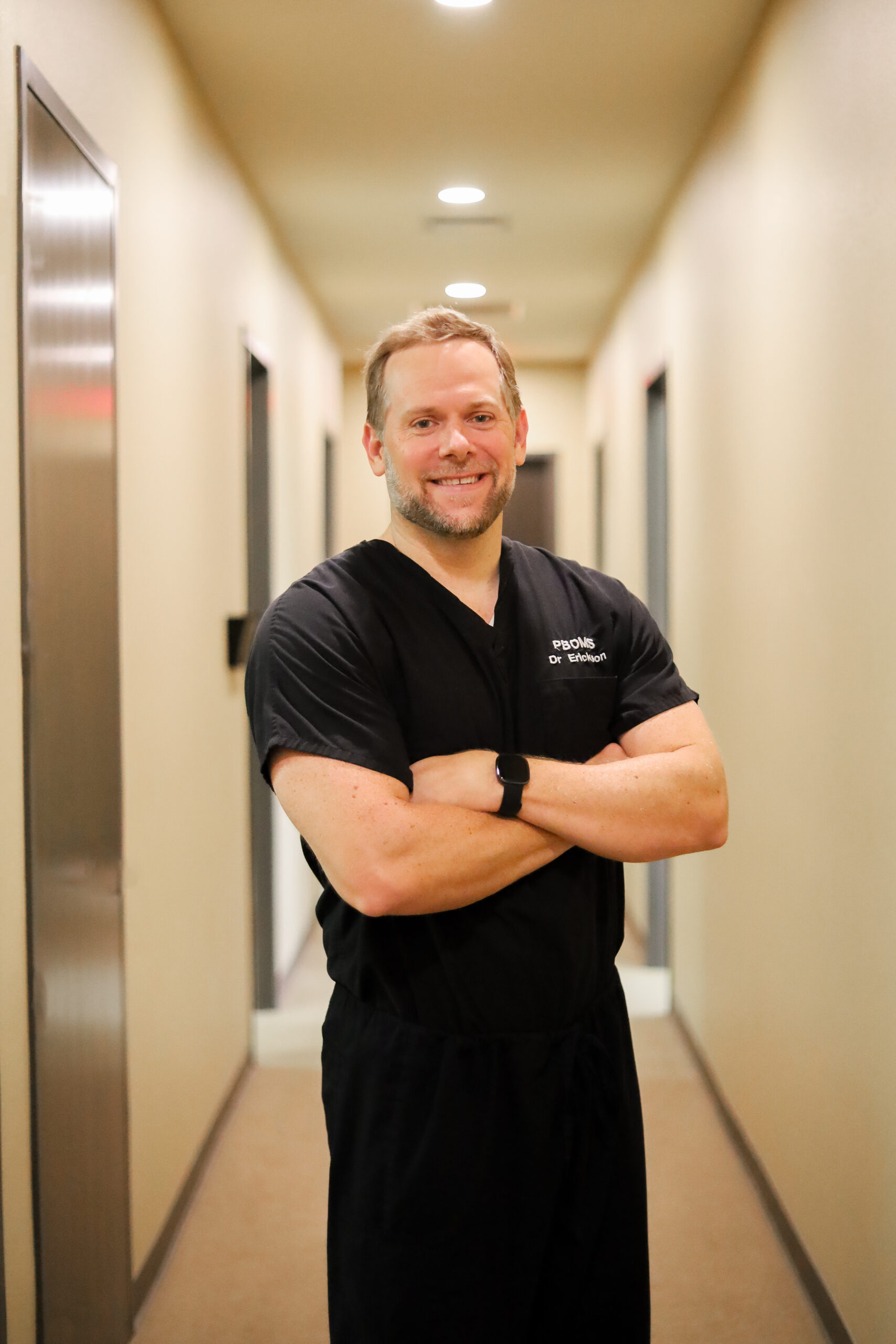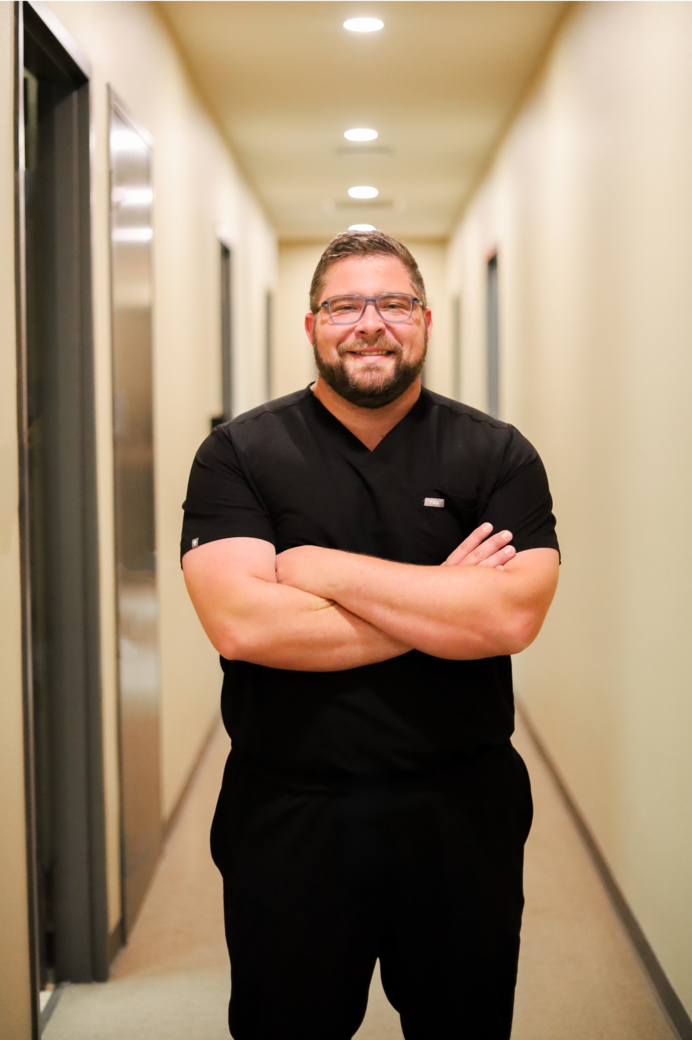Facial Trauma
If you have been told you need a filling or dental crown, you might first require a preparatory procedure called crown lengthening.
It allows your dentist to access decay or create a better foundation for your crown. It may also be recommended before receiving a veneer.

An oral and maxillofacial specialist is thoroughly qualified to repair facial injuries.
Did you know there are millions of facial trauma cases admitted to hospitals each year in the United States alone? And just like a cardiologist is called upon to treat the heart specifically, an oral and maxillofacial surgeon is called upon to treat and manage any facial trauma cases. It is not uncommon for oral and maxillofacial surgeons to be regular, active members of a trauma team.
Oral and maxillofacial surgeons have undertaken thorough and specialized training during their education that allows them to address a range of dental and surgical problems. To receive proper certification, they are required to complete four or more years of comprehensive surgical training and medical education in addition to their dental school training. Their experience qualifies them as experts in replacing damaged or missing teeth, correcting the functionality of the jaw, and restoring the aesthetics to the face.
Each facial trauma case is unique. There are several different ways that the face and mouth can be affected by trauma. Some of the more frequently seen facial trauma injuries include:
- Avulsed (knocked-out) teeth
- Fractured facial bones (cheek, nose, or eye socket)
- Fractured jaws (upper and lower jaw)
- Facial lacerations
- Intraoral lacerations
What causes facial trauma?
There are numerous events that can contribute to facial trauma injuries. The most common events include falls, automobile accidents, sports injuries, work-related injuries, physical assaults, and common accidents in the home. The kind of injury sustained by the patient will determine the specific treatment that is necessary to correct the injury. Minor injuries, such as knocked-out teeth or a facial laceration, may only require the placement of dental implants or sutures. More serious incidents may involve a more complex approach and require the use of more than one method of treatment.
It is important to treat cases of facial trauma in a timely manner. If untreated, the patient could sustain long-term complications. Failure to treat facial trauma can result in impacted teeth, misalignment of the jaw and bite, the development of disorders in the temporomandibular joint of the jaw, resorption of the jaw bone, and even facial discomfort and disfigurement. If you have suffered a facial injury of any sort, we encourage you to contact our office immediately.
At Permian Basin Oral Surgery & Dental Implant Center, we are compassionate and eager to help restore oral and maxillofacial function and aesthetics to every patient who has suffered facial trauma.
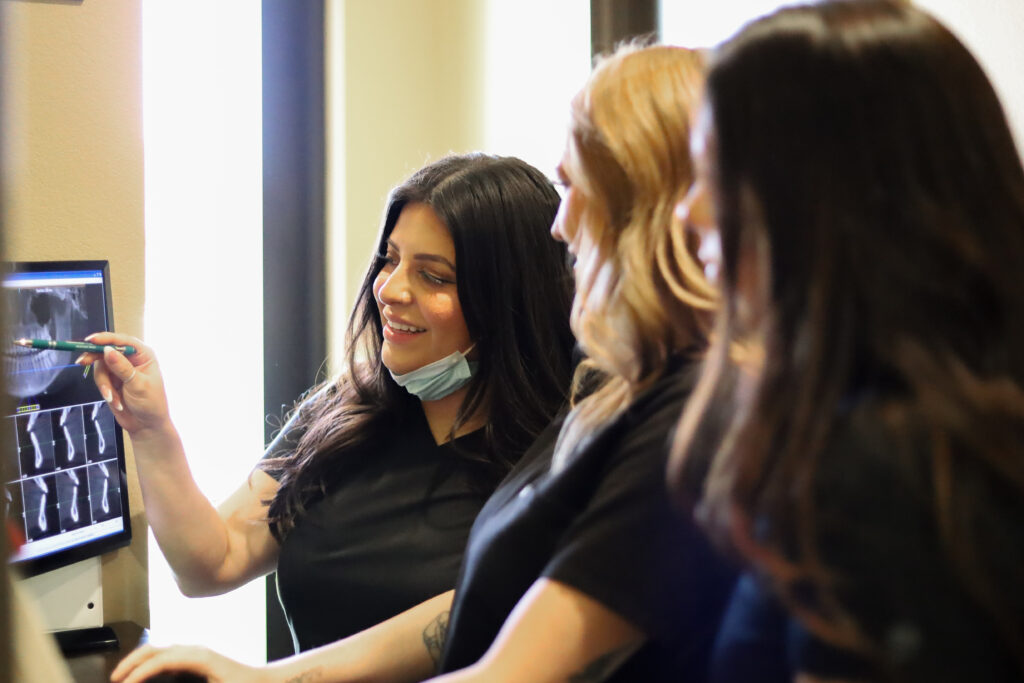
Get to know us.
At Permian Basin Oral Surgery & Dental Implant Center, we strive for excellence in serving you. Our board-certified surgeons and expert staff will provide the care you need and deserve.
